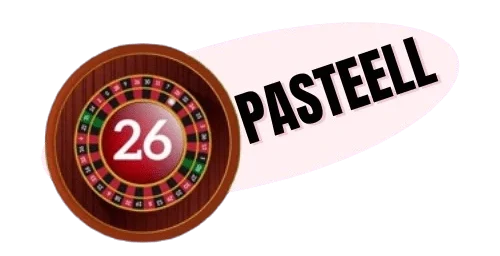Though the PlayStation Portable (PSP) is often overshadowed by its console counterparts, its library of games is anything but Nyalabet forgettable. The PSP delivered an impressive array of titles that rivaled console-quality experiences in a portable format. As Sony’s first handheld gaming system, the PSP was a trailblazer, blending multimedia capability with deep, engaging gameplay. Many of the best PSP games continue to be praised today for their innovation and replayability.
Standouts like Crisis Core: Final Fantasy VII and Daxter offered full-scale adventures that felt anything but limited. Crisis Core, in particular, delivered an emotionally powerful prequel that enriched the lore of one of the most beloved RPGs of all time. Meanwhile, Daxter showcased what could be achieved when developers created a game specifically tailored for the handheld format. With impressive visuals, responsive controls, and polished storytelling, these games proved that the PSP could do much more than just emulate console titles.
Titles such as Patapon, LocoRoco, and Monster Hunter Freedom Unite also helped establish the PSP’s unique identity. These games weren’t just technically impressive—they were wildly creative, introducing new mechanics that felt fresh and fun. Monster Hunter, in particular, became a phenomenon in Japan, spawning countless sequels and inspiring a dedicated global fan base. The PSP may have had fewer blockbuster titles than the PS2 or PS3, but its best games stand out precisely because they didn’t rely on formula. They embraced risk and offered original experiences you couldn’t get elsewhere.
Even today, the PSP remains a favorite among retro enthusiasts and collectors. With digital storefronts occasionally offering access to its library, and emulation making a resurgence, the best PSP games are enjoying a renaissance. They remain a testament to what’s possible when hardware limitations spark creativity instead of stifling it. The PSP’s golden library is proof that powerful gaming doesn’t always require a big screen—just big ideas.
